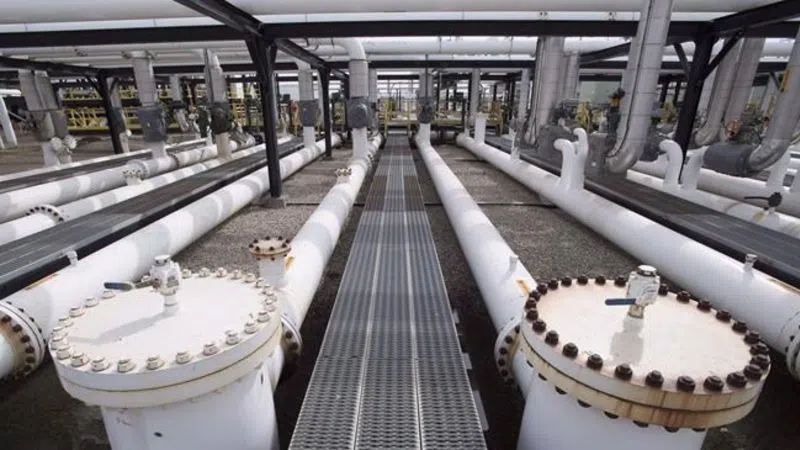
Federal cabinet decision on fate of Trans Mountain pipeline due Tuesday
OTTAWA — The Liberal government’s $4.5 billion gamble to buy the Trans Mountain pipeline in a bid to get it expanded will come to a head on Tuesday when the federal cabinet decides whether to sign off on the project for a second time.
It has been more than 290 days since the Federal Court of Appeal ripped up the original approval and sent the government back to the drawing board to do a more fulsome consultation with Indigenous communities and take a harder look at the impact the project will have on marine life off the coast of British Columbia.
Natural Resources Minister Amarjeet Sohi said last week the official consultations with 117 affected Indigenous communities wrapped up in early June, paving the way for cabinet to make its final decision at its regular meeting on June 18.
The expansion would twin a 66-year-old pipeline that runs from Edmonton to a marine terminal in Burnaby, B.C., nearly tripling its capacity to 890,000 barrels of oil a day.


